Attila Egri-Nagy
The cost of passing -- using deep learning AIs to expand our understanding of the ancient game of Go
Aug 24, 2022

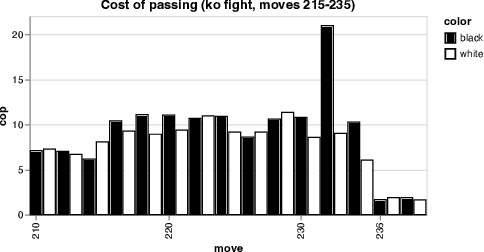
Abstract:AI engines utilizing deep learning neural networks provide excellent tools for analyzing traditional board games. Here we are interested in gaining new insights into the ancient game of Go. For that purpose, we need to define new numerical measures based on the raw output of the engines. In this paper, we develop a numerical tool for automated move-by-move performance evaluation in a context-sensitive manner and for recognizing game features. We measure the urgency of a move by the cost of passing, which is the score value difference between the current configuration of stones and after a hypothetical pass in the same board position. Here we investigate the properties of this measure and describe some applications.
Derived metrics for the game of Go -- intrinsic network strength assessment and cheat-detection
Sep 06, 2020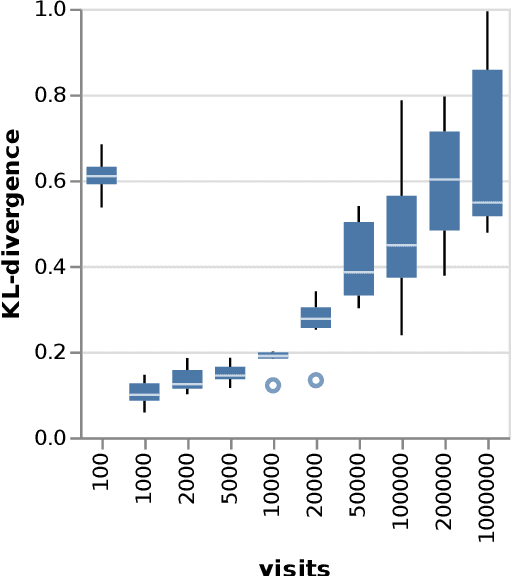
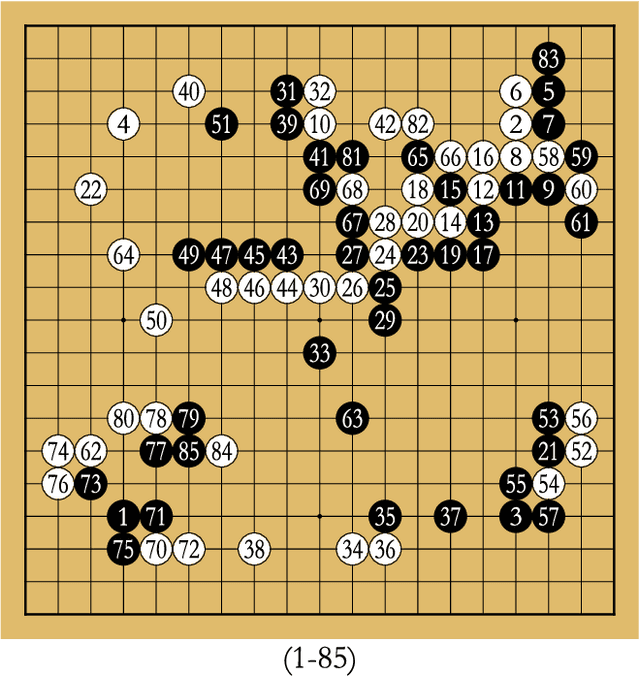
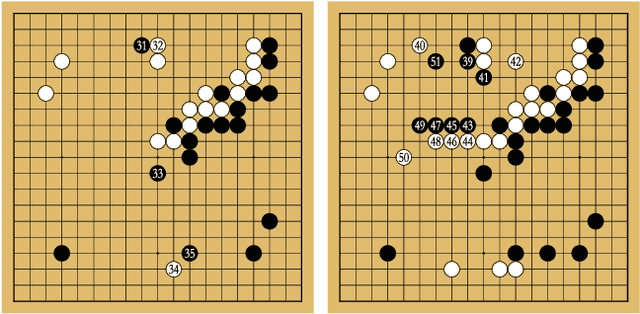
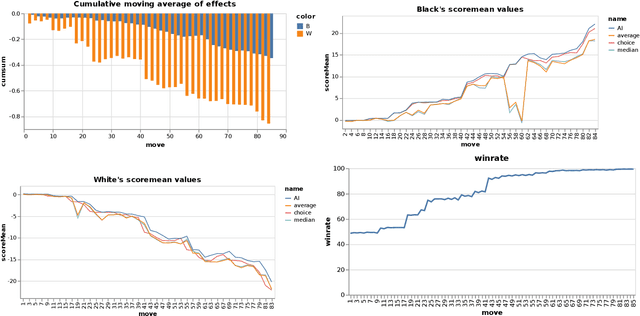
Abstract:The widespread availability of superhuman AI engines is changing how we play the ancient game of Go. The open-source software packages developed after the AlphaGo series shifted focus from producing strong playing entities to providing tools for analyzing games. Here we describe two ways of how the innovations of the second generation engines (e.g.~score estimates, variable komi) can be used for defining new metrics that help deepen our understanding of the game. First, we study how much information the search component contributes in addition to the raw neural network policy output. This gives an intrinsic strength measurement for the neural network. Second, we define the effect of a move by the difference in score estimates. This gives a fine-grained, move-by-move performance evaluation of a player. We use this in combating the new challenge of detecting online cheating.
Computational Understanding and Manipulation of Symmetries
Oct 14, 2014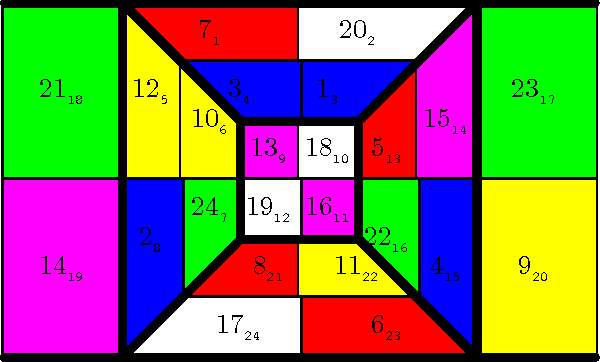

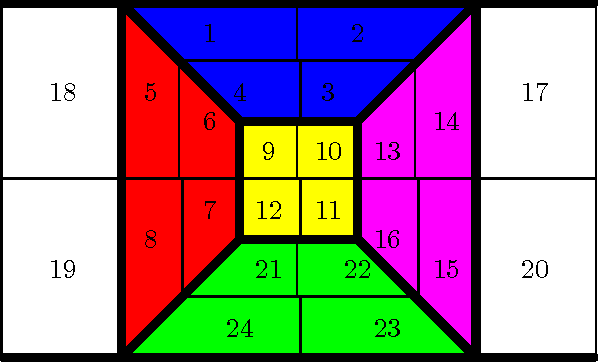
Abstract:For natural and artificial systems with some symmetry structure, computational understanding and manipulation can be achieved without learning by exploiting the algebraic structure. Here we describe this algebraic coordinatization method and apply it to permutation puzzles. Coordinatization yields a structural understanding, not just solutions for the puzzles.
 Add to Chrome
Add to Chrome Add to Firefox
Add to Firefox Add to Edge
Add to Edge